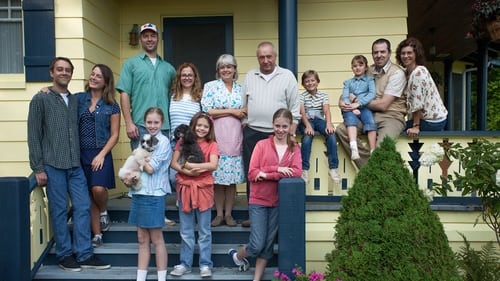
Raymond St-Amand
Paul à Québec is quite simply about life, at its happiest and at its most challenging. Paul and his in-laws offer us a window onto the everyday life of the Beaulieu family, but we also witness the decline of his father-in-law, Roland. Paul à Québec is a hymn to life that reminds us, among other things, of the beauty of those small moments when, in spite of the farewells, life shows us how important it is to savour every instant.

Father
1970年代のフランス、何者かに拉致監禁され、長期にわたり虐待を受け続けた少女リュシー(ジェシー・パム)は自力で逃げ出し、傷だらけの状態で発見される。養護施設に収容された彼女は心を閉ざしていたが、同年代の少女アンナ(エリカ・スコット)にだけは心を許していた。15年後、リュシー(ミレーヌ・ジャンパノイ)は自分を監禁した相手を発見し、猟銃を手に犯人宅を訪れる。

Gaston Francoeur

An adult Martin Roy reminisces about his life in the 1966/67 school year. At fifteen years old and in his last year of junior high school, he breathed, ate and slept hockey. He collected hockey cards, played street hockey with his friends, tried skating and ice hockey for the first time in his life, but was most fascinated with his local national league team, the Montréal Canadiens, and its star player, Henri Richard. He dreamed of growing up and working for the Canadiens franchise. But a more immediate goal was to get tickets to one of their games, using M. Richard and his banker father, Hervé, as possible conduits to that goal.

M. Fortin (le professeur)
Juan Alvarez, a Spanish refugee in Canada, shoemaker, picks up at his home Manuel, a 12-year-old Portuguese teenager, whom he teaches to read, to assert his rights and who speaks of the Spanish civil war.


